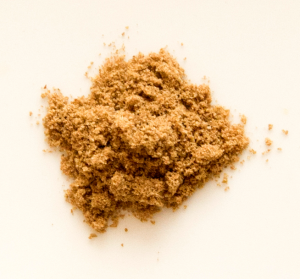
Cumin is a small flowering herbaceous plant belonging to the Apiaceae family. It is a small, gray-yellow, oblong shaped seed with vertical ridges on their outer surface that closely resembles the caraway seed in appearance. Cumin seeds are used in the cuisine of many different cultures either whole or in ground form. Ground cumin is a spice native to regions of the Mediterranean and Asia. It has been around for centuries, in multiple food cultures and communities. Cumin is used worldwide in a variety of dishes. It adds a distinctive savory flavor to soups and salads. Cumin can also be used in chili, on chips or salmons, in stews or dressings, and on meat rubs.
An important health benefit that cumin offers is the amount of iron it provides, which can help prevent iron deficiency. The iron found in cumin helps increase energy necessary to support proper metabolism for muscles and other active organs. Almost all of the cells in the body burn dietary calories to create energy through a process that requires iron.
Studies have also shown cumin to be antibacterial. Various cultures have used spices including cumin, to prevent bacterial growth. Ground cumin is among the more potent spices for killing bacteria in foods and can potentially reduce spoilage of foods. Cumin may also be effective in killing staphylococcus aureus bacteria.





